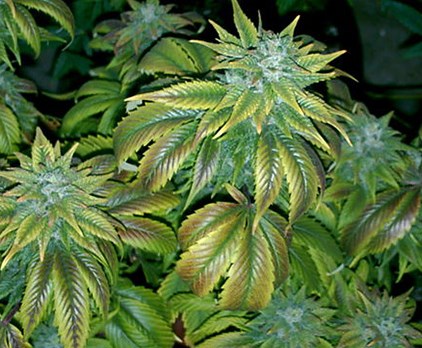Editorial: Some news about cannabis, findings about dispensaries, and a surprise about psilocybin
First, the cannabis news: as readers of the “Council Matters” column already know, the provincial government is seeking input from municipal governments to help guide provincial policy on the decriminalization of cannabis. The federal government is preparing to pass Bill C-45 and Bill C-46.
There are questions to be determined provincially. As the BC goernment’s discussion paper explains, “The federal government’s decision to legalize cannabis creates a corresponding need for provincial and territorial governments to regulate it. While the federal government intends to assume responsibility for licensing cannabis producers and regulating production and product standards, provinces and territories will be responsible for many of the decisions about how non-medical cannabis is regulated in their jurisdictions. These include, but are not limited to: distribution and retail systems; compliance and enforcement regimes; age limits; restrictions on possession, public consumption and personal cultivation; and amendments to road safety laws.”
(Note: there is a difference between “decriminalization” and “legalization” and I question which one is intended by the federal government, having seen both terms used. I suspect it’s decriminalization. For a discussion of the difference, check this article in the Economist.)
Age and cannabis
How old a person should be before being permitted to purchase or use cannabis? There is now evidence that a person’s brain development can be adversely affected by using cannabis up to the age of 25. On the other hand, the BC government fears that forbidding use of cannabis by everyone under 25 years of age is likely to result in more illegal trade. They may settle on the age of 19 as the minimum age for cannabis, just as for tobacco and alcohol, but are seeking input from local governments.
Distribution: don’t do away with dispensaries
Two researchers at the University of British Columbia’s Okanagan campus say that the provincial government and municipalities would be unwise to eliminate dispensaries, which currently sell cannabis for therapeutic purposes. Associate Professor Zach Walsh and Ph.D. candidate Rielle Capler point out that dispensaries are an established means for patients who benefit from medical cannabis to acquire it, and they say their study provides evidence that patients rated dispensaries as equal to or better than other sources of cannabis for “quality, safety, availability, efficiency and feeling respected.”
They acknowledge that while dispensaries currently operate without benefit of the law, “Given the high endorsement of dispensaries by patients, future regulations should consider including dispensaries as a source of [cannabis] and address known barriers to access such as cost and health care provider support.”
Capler pointed out that “many of these dispensaries are small, independent, long-standing businesses who serve a dedicated clientele.”
They also contribute to their communities. Decriminalization and regulation, and allowing dispensaries a role in legal distribution, will also support those small independent businesses and make use of their expertise about their product. In some cases, it should make some of their business arrangements, such as banking, easier; some financial institutions currently refuse to accept accounts from dispensaries or their owners.
A medical use for psilocybin? Do not try this at home. Please.
While we’re on the topic of psychoactive drugs and their medical uses:
Treatment-resistant depression is a tough nut to crack, medically speaking. Research on the problem has included treatments such as frontal lobotomies and electro-convulsive therapy. More recently, deep-brain stimulation has shown promising results in some patients, but is a highly invasive procedure and like most other treatments is not successful for everyone. Is it any wonder that researchers keep looking for new and potentially better treatments?
A recent experiment at Imperial College London with a small sample (20) of depressed patients showed promise. The patients were administered a small dose of psilocybin, and another, slightly larger dose a week later. All reported feeling relief for the first week after the treatment, and there was significant improvement even after five weeks for most. The resulting report detailed the findings of fMRI imaging of the subjects’ brains following administration of the drug.
The problems with this study include the small sample size, and the lack of a control group treated only with a placebo. Future studies will be larger and “more robust” to follow up on the promising results from this small initial one.
The researchers warn that no one should try to self-medicate with psilocybin, though, because they provided special “psychological support” to patients during the experiment, and without that, things could go wrong. People already suffering from major depression do not need anything else to go wrong.
This study is encouraging because it may eventually result in another treatment for severe depression that can help people for whom other treatments have failed.
























